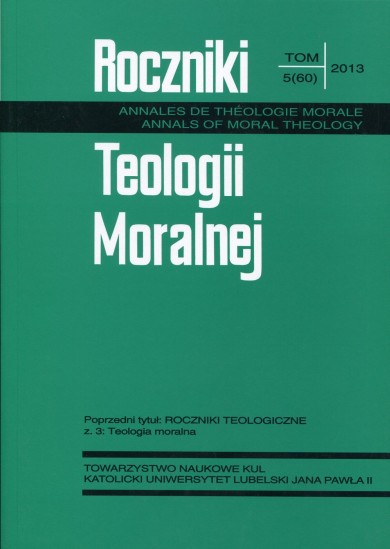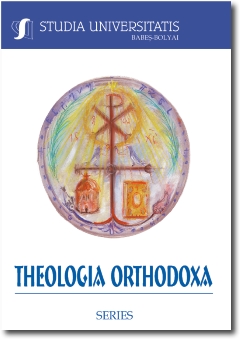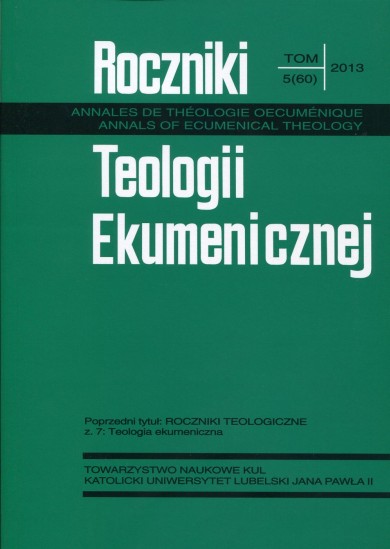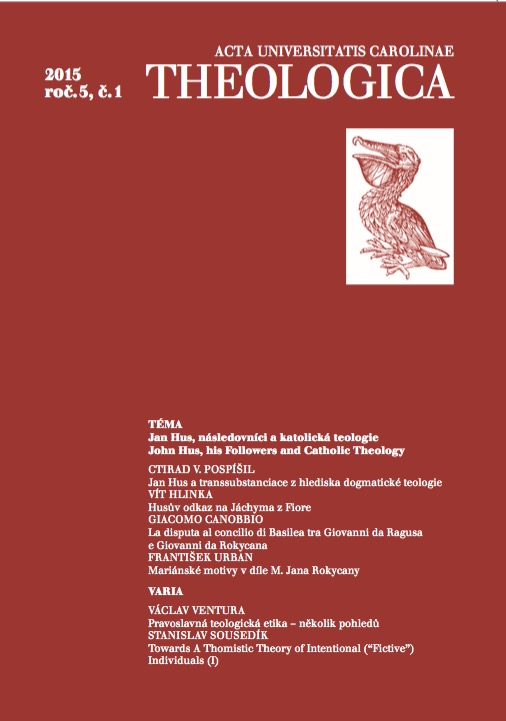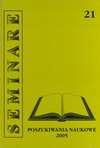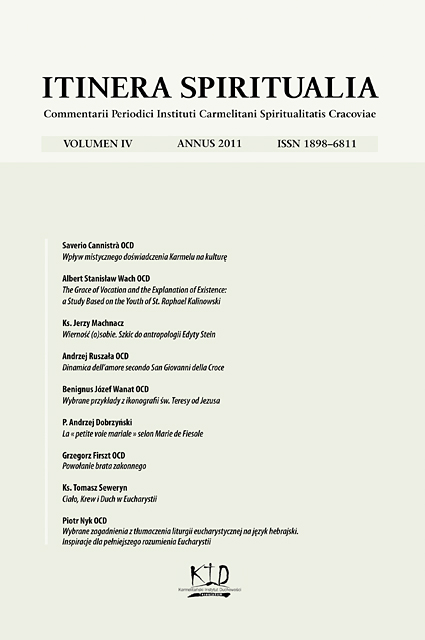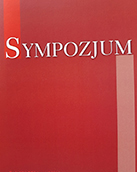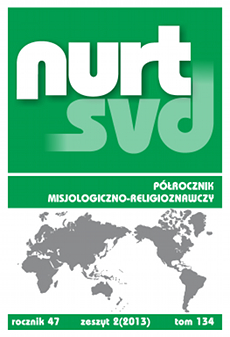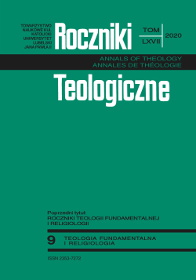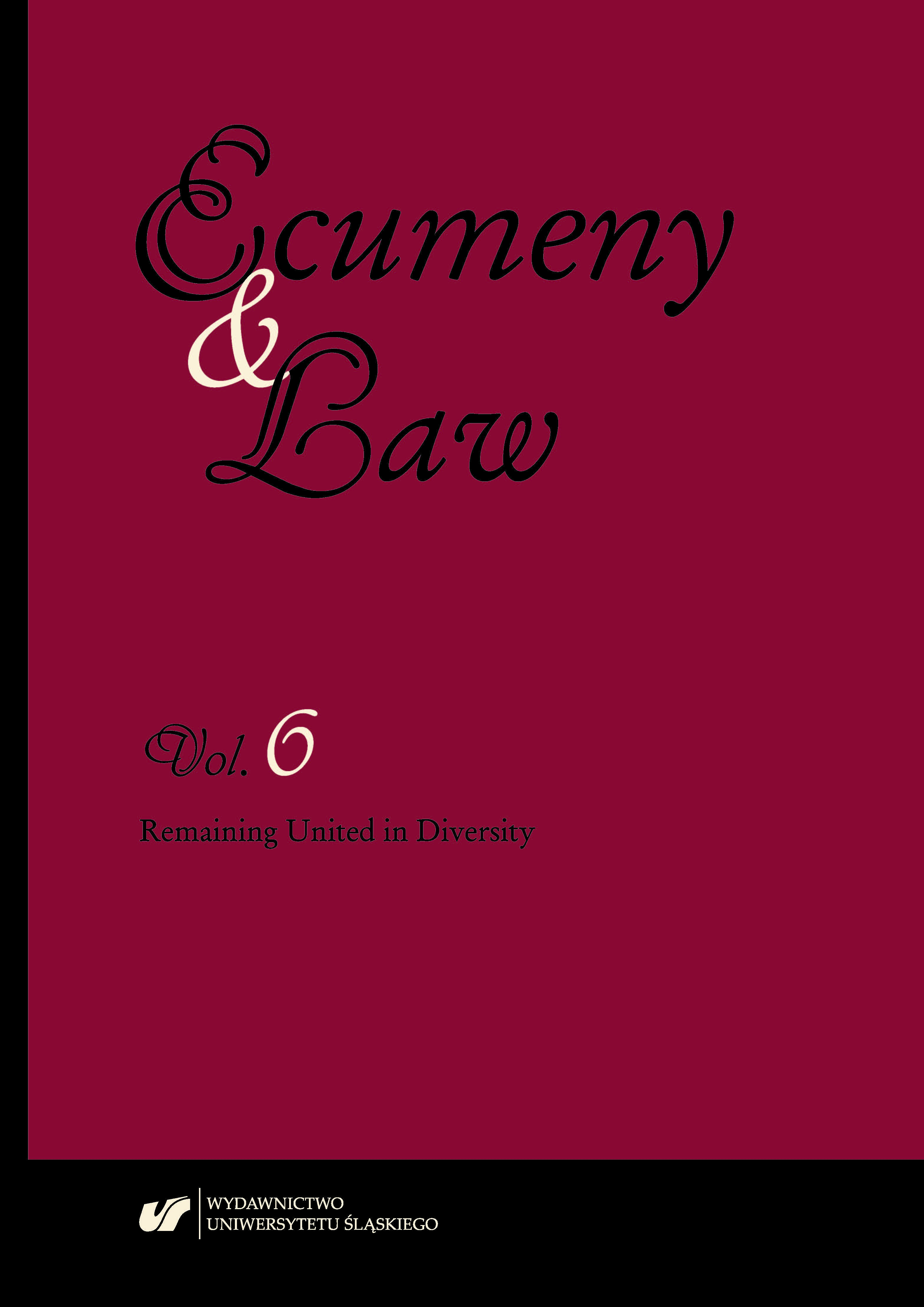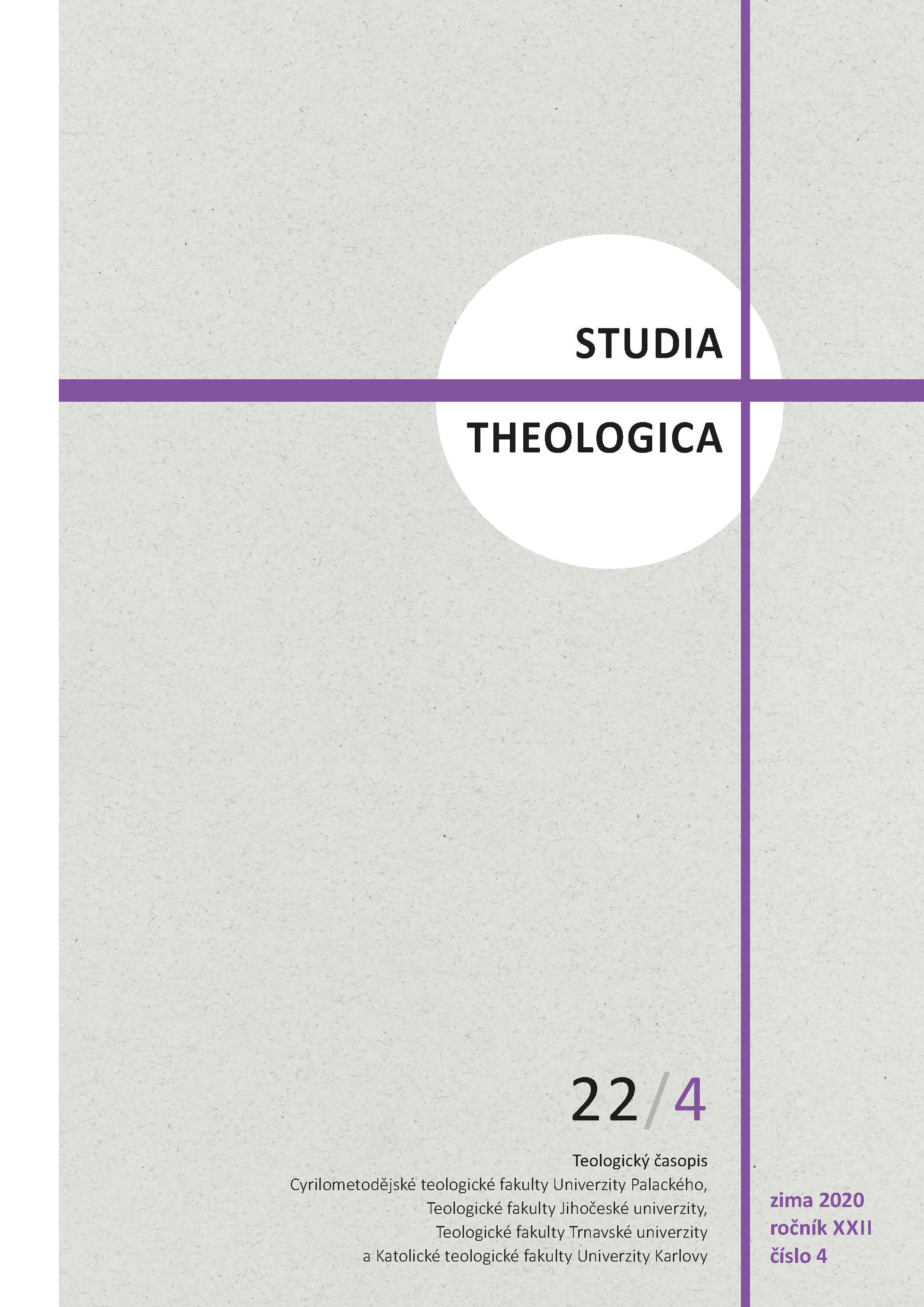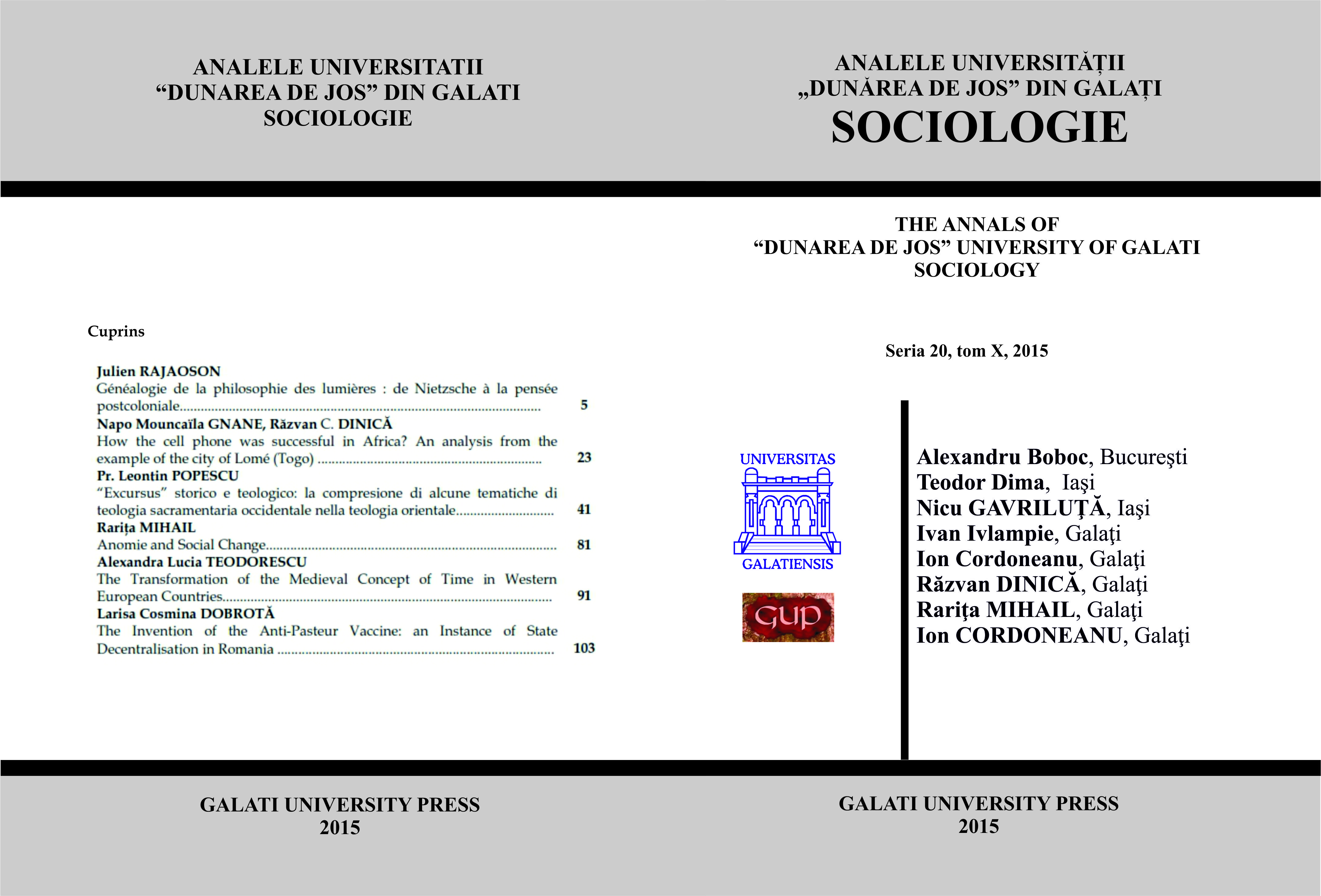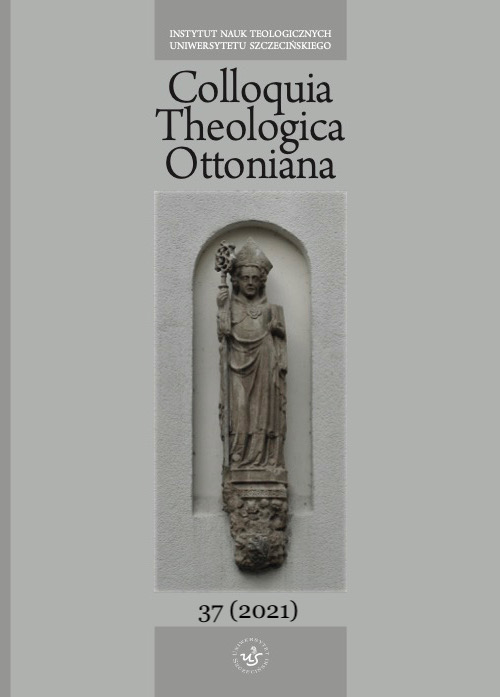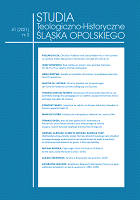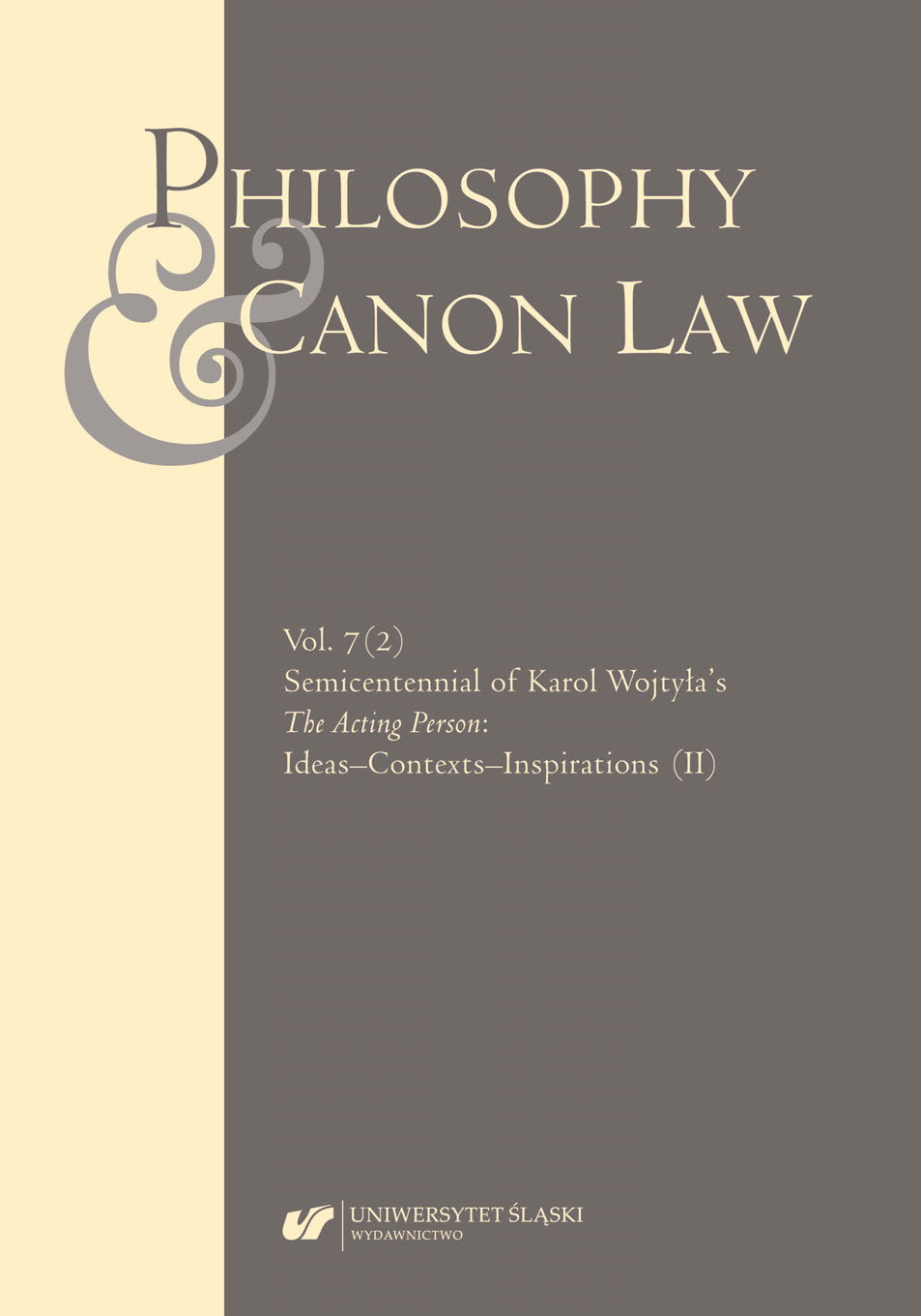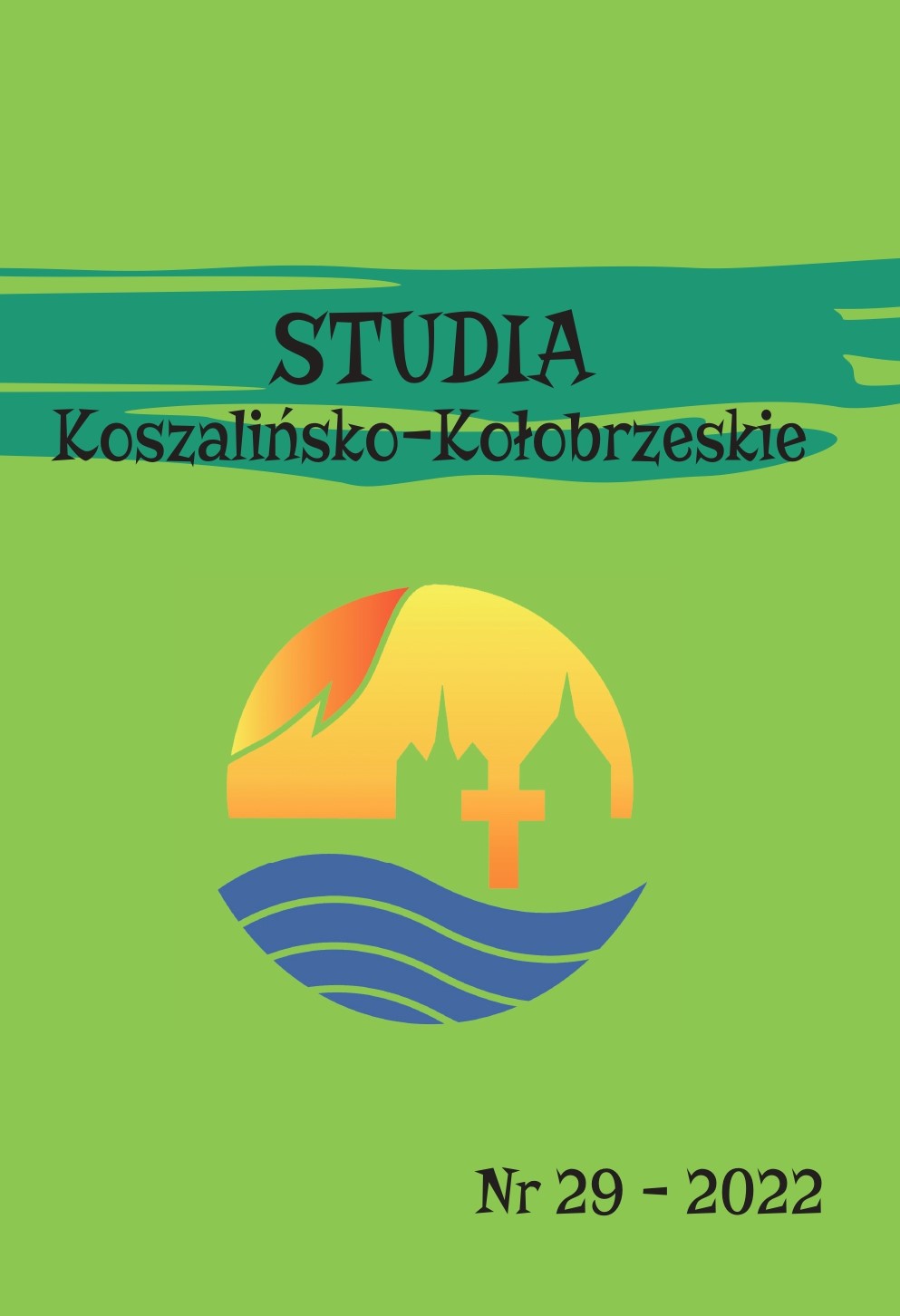Connotazione giuridica e teologica del diaconato permanente alla luce del Nuovo Codice di Diritto Canonico, del Catechismo della Chiesa Cattolica e del Motu Proprio "Omnium in mentem"
Author(s): Ryszard Selejdak / Language(s): Italian
/ Issue: 1/2020
Keywords: Code of Canon Law;Eucharist;Word of God;Sacrament of Holy Orders;Grades of the Sacrament of Holy Orders;Diaconate;Presbyterate;Episcopate;Common Priesthood;Permanent Diaconate;
The Code of Canon Law (1983), the Catechism of the Catholic Church (1992; 1997) and the Motu Proprio, Omnium in mentem (2009) of Pope Benedict XVI, seek to give a clearer definition of the juridical and theological implication of the Diaconate, specifically that exercised in a permanent way. Prior to the modifications brought about by the Motu Proprio, Omnium in mentem, the Code (cann. 1008-1009), aligns the diaconate to the priesthood and the episcopate, without sufficiently highlighting the nature of their distinctiveness. Canon 1008 affirms that through the Sacrament of Holy Orders, some among the faithful are constituted sacred ministers in the Church, are marked by an indelible character and deputised to fulfil, in the Person of Christ the Head, the pastoral munus of Christ, subdivided by the now traditional terminology of the Second Vatican Council, into the triple munus of teaching, sanctifying and governing. Canon 1009, §1, limits itself to explicating the three grades of Holy Orders in a descending order, namely from the episcopate down to the diaconate, without entertaining the theological questions about their institution and the nature of their distinctiveness. Canon 1009, §2, attests that the imposition of hands and the prayer of consecration, as prescribed in the liturgical books for each grade, are requisite for validity. In canon 519 of the Code, the Deacon is identified as the first collaborator with the Parish Priest in the pastoral care of the faithful, whilst canon 757 specifies that the role of the Deacon is to serve the People of God by means of the ministry of the Word, in communion with the Bishop and his presbyterate. Book IV of the Code emphasises that Deacons, insofar as the law prescribes, participate in divine worship, are ordinary ministers of Baptism and Communion, can bring Viaticum to the infirm, expose the Blessed Sacrament, give Eucharistic Benediction, administer sacramentals, be delegated to assist at weddings, bless marriages, preside over funeral rites that have no Mass and the rite of committal, and impart a blessing, albeit in an ecclesial and sacramental context, again within the prescription of law. In addition to the abovementioned canons, the Catechism of the Catholic Church makes reference to the fact that with diaconal ordination comes the task of serving the People of God in the diakonia of the Liturgy, of the Word and of Charity. Deacons are thereby distinguished from Bishops and Priests who receive the mission and the faculty to act in the Person of Christ the Head. This new formulation that is derived from the debate on the unity of the Sacrament of Holy Orders, has underlined the diverse aspects of the various grades, placing Deacons on one side, upon whom are imposed hands for ministry, while hands are imposed upon Bishops and Priests for priestly service. The perplexities of theologians on this issue not withstanding, it remains that the merit of Pope Benedict XVI’s Motu Proprio, Omnium in mentem, is the differentiation between the various grades of Holy Orders, thus clarifying the juridical and theological status of Deacons who are commissioned to serve.
More...
